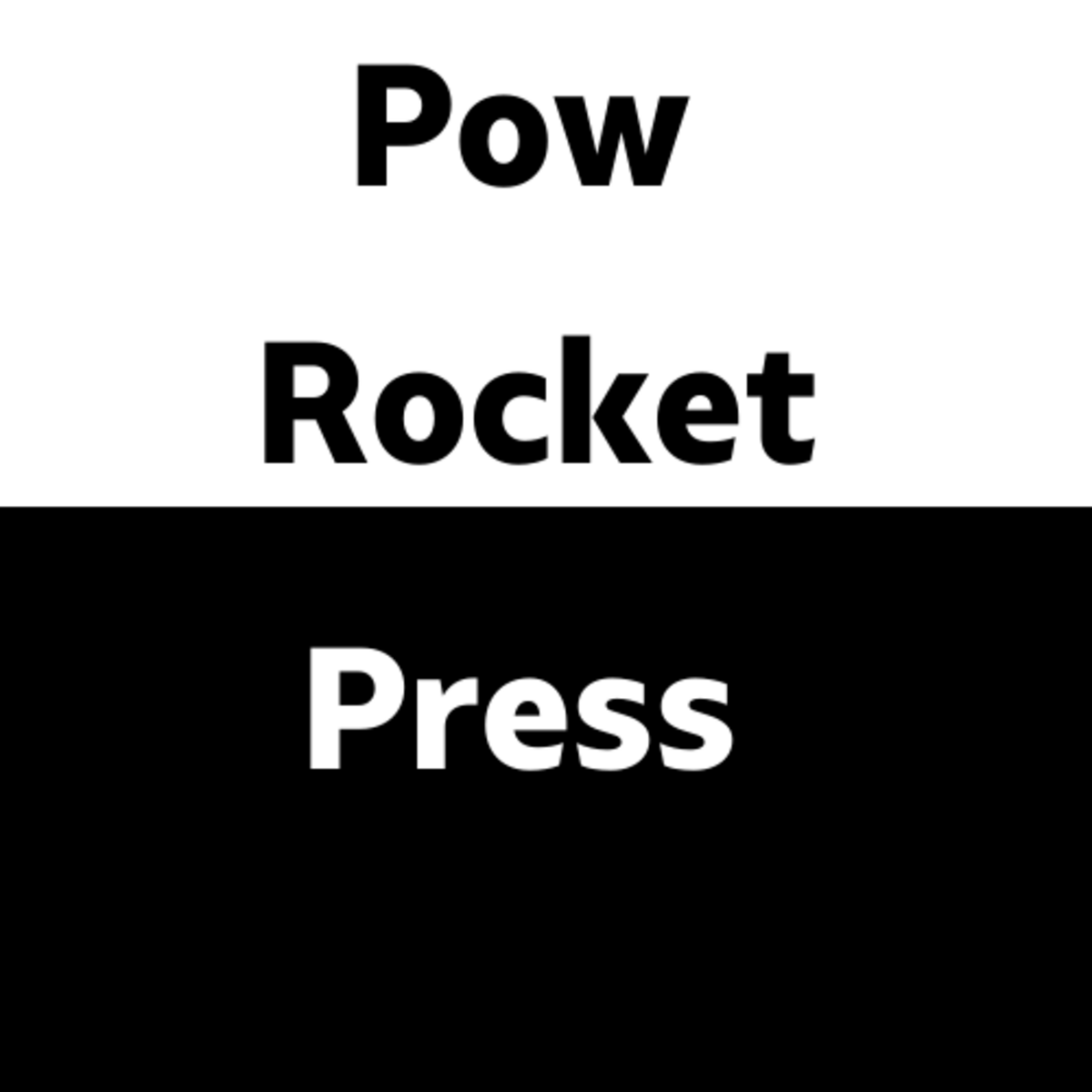Good afternoon! Let’s get into it!
We are in seriously difficult times, and as youth, we’re affected the most. I didn’t know where to look for information to discuss this problem, especially on YouTube or in books that help address the immediate issue in Botswana. So, I asked ChatGPT how to tackle this problem.
Here’s the conversation and reply:
With unemployment rising in Botswana, and university students graduating and might probably not find jobs, what is the most important advice to give young people in the country, what can help them do well eventually in this economy, with proven results?
That’s a powerful and timely question — and honestly one that many young Batswana need to hear answered clearly and practically. Let’s break it down properly.
🌍 The Reality
Botswana’s unemployment rate has been hovering between 25–30%, and youth unemployment is even higher. Each year, thousands of graduates enter the market — but the economy doesn’t create enough formal jobs to absorb them.
Government projects, parastatals, and even the private sector can’t employ everyone anymore.
So the question becomes:
What can you do to thrive in an economy that won’t guarantee you a job?
1. Develop Income-Building Skills, Not Just Credentials
Your degree is a foundation, not a guarantee. The skills that pay now are transferable, digital, and entrepreneurial.
✅ Focus on:
Digital skills: graphic design, coding, animation, video editing, social media management, and data analytics.
Sales and marketing: learn how to sell, pitch, and communicate value — these skills make you useful in any economy.
Money and business literacy: understand basic finance, budgeting, investing, and customer value creation.
📈 Why this works:
People who learn practical, marketable skills can create income from anywhere — not just rely on someone to hire them. Botswana has a growing digital economy, and regional work-from-home opportunities are rising.
2. Start Small, But Start — Entrepreneurship Is a Necessity Now
Many successful Batswana didn’t start with big funding. They started with a problem they understood and solved it with what they had.
💡 Start with what’s around you:
Sell small products online (TikTok, WhatsApp, Facebook Marketplace)
Offer services like photography, editing, tutoring, cleaning, delivery, social media content creation, or poultry farming
Build something that can grow slowly and sustainably, not overnight
🔥 Why this works:
Botswana’s economy rewards initiative — even if it’s informal at first. The fastest-growing segment in many countries right now is micro-entrepreneurs, not corporations.
3. Leverage the Internet, Don’t Just Scroll It
You can now earn or learn online — for free or almost free.
Instead of consuming content all day, start creating or upskilling.
Tools like:
YouTube, Coursera, and Duolingo — for free learning
LinkedIn — for building a professional brand and networking globally
TikTok and X (Twitter) — for building a voice, promoting your skill, or business
📲 Why this works:
Many Batswana are already getting clients abroad, freelancing, and selling digital products. You can compete globally from your phone if you’re consistent.
4. Build Networks, Not Just CVs
Botswana is a small country — your network is your net worth.
Most opportunities don’t come from job portals — they come from people who know and trust you.
🧠 Attend events, engage on professional platforms, and collaborate with peers.
Even volunteering can connect you to mentors and business partners.
5. Think Long-Term — Play the 10-Year Game
The economy is shifting. What matters is adaptability, not instant success.
Learn, try, fail, and rebuild fast. If you keep building value — through skills, consistency, and small wins — you’ll eventually do well.
🔑 Proven Mindset Shift:
“Don’t wait for the economy to hire you. Train yourself to serve it.”
Those who thrive in this new Botswana economy will be:
Doers, not complainers
Learners, not “degree holders only”
Creators, not job-seekers
